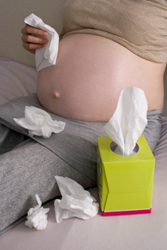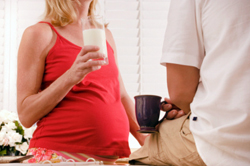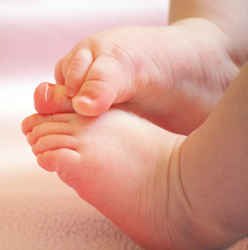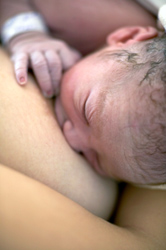CHANGES TO MUM

Your OB or Midwife May Begin to Check Your Cervix for Effacement & Dilation in the Last Weeks of Pregnancy.
From week 35 of pregnancy it will be all about checking your progress. Your obstetrician or health care provider will most likely be requesting to see you every week from this point on.
In the last couple of weeks your OB or midwife will also be checking your cervix for effacement and dilation, signs that labour is not far off. Effacement refers to the thinning of the cervix and dilation is in reference to the opening of the cervix.
Your baby cannot pass through a closed cervix, the process of labour stretches your cervix and allows your baby to pass through the birth canal. Your cervix is fully dilated when the opening measures 10cms.
The position (placement) of your baby will also become very important. Normal checks of your blood pressure will continue and an ultrasound to see the baby’s heart beat and position.
From 35 weeks of pregnancy you may experience what is known as “the bloody show” which is a small, blood-tinged mucus plug that will pass when you go to the bathroom.
Following the release of this mucus plug you could possibly go into labour within hours or days that follow, however it could still be several weeks away. This mucus plug being expelled is our body’s way of telling us that our baby will be making an arrival soon.
Like with most things during pregnancy, every woman is different and experiences different things. It is perfectly normal for some may not have this “show” at all pre-labour.
Be sure to note the colour of the discharge however, if it is a bright red or more than approximately two tablespoons then you should contact your hospital, obstetrician or midwife as it could be the sign of a problem.
Pregnancy is a roller coaster and from this stage of pregnancy you are likely to face extreme mood swings as the arrival of your baby grows closer. The smallest of things can set you off, try not to let the little things worry you or make you anxious.
You should be doing your best in these last 5 weeks to take a break, relax and unwind, enjoying the final weeks of your pregnancy.
There are so many things that can worry you at this time during your pregnancy, such as concerns about the delivery or becoming a parent for the first time.
Even if you have done this all before you may be anxious about how this new little person is going to fit in with the rest of the family.
Now more than ever you should communicate with your partner and try to never let your concerns build up. Studies show that a mother’s anxiety during pregnancy can delay labour and therefore it is always best to remain calm.
CHANGES TO BUB
At 35 weeks of pregnancy your baby is getting plump and now weighs approximately 2.4 kgs, measuring about 45cms from head to toe. His/her arms and legs are filling out and is taking up more room in your uterus, therefore there is much less amniotic fluid.
Those chubby little limbs may start to protrude from your tummy as your baby has less room to move in your uterus. Soon your uterus and abdomen will stretch and become thinner, letting in more light which will help your baby develop a daily cycle.
Your baby’s hearing is fully developed at 35 weeks and if you haven’t already, start talking to your baby! Even if you are talking in baby talk to your little one, don’t feel silly, some studies show that newborns pay more attention to high pitched noises.
Not sure what to say? How about reading a story book or singing a song, your baby will be sure to recognise your voice after they are born.
By week 35 your baby’s lungs are now developed, producing surfactant, a substance which helps the exchange of oxygen in the lungs. Along with your baby’s breathing developing, he/she will also have their suckle reflexes working from 35 weeks which means that as soon as your baby is delivered they can breastfeed immediately.
Some women can be concerned about going into labour prematurely, if this was to happen at this stage of pregnancy your baby has a 99% chance of survival. As a matter of fact your baby can come at anytime now and you should be prepared for an early arrival.
If born at 35 weeks your baby will still need some help in various areas such as feeding, but rest assured with a little help your baby can still even successfully breastfeed.















